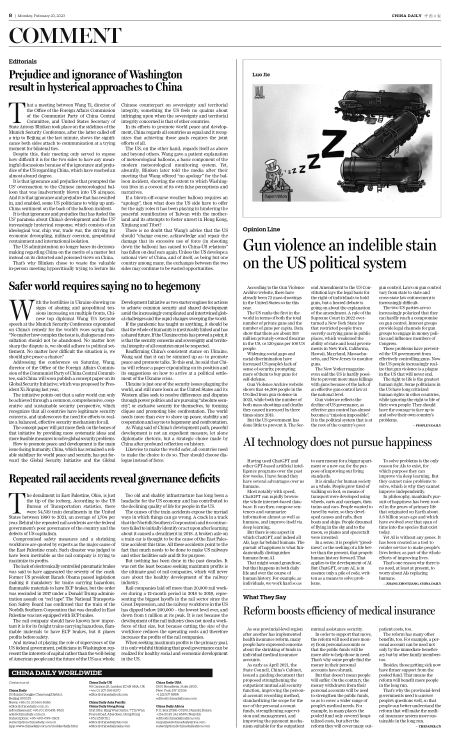As one provincial-level region after another has implemented health insurance reform, many people have expressed concerns about the shrinking of funds in individual medical insurance accounts.
As early as April 2021, the State Council, China's Cabinet, issued a guiding document that proposed strengthening the outpatient mutual aid security function, improving the personal account recording method, standardizing the scope for the use of the personal account funds, strengthening supervision and management, and improving the payment mechanism suitable for the outpatient mutual assistance security.
In order to support that move, the reform will need more money from personal accounts so that the public funds will be more able to help those in need. That's why some people find the money in their personal accounts have shrunk.
But that doesn't mean people will suffer. On the contrary, the money withdrawn from their personal accounts will be used to strengthen the public funds, so as to cover a wider range of people's medical needs. For example, in many places the pooled fund only covered hospitalized costs, but after the reform they will cover many outpatient costs, too.
The reform has many other benefits, too. For example, a personal account can be used not only by the immediate beneficiary but by other family members too.
Besides, those getting sick now have firmer support from the pooled fund. That means the reform will benefit more people in the long run.
That's why the provincial-level governments need to answer people's questions well, so that people can better understand the reform that will make the medical insurance system more sustainable in the long run.

